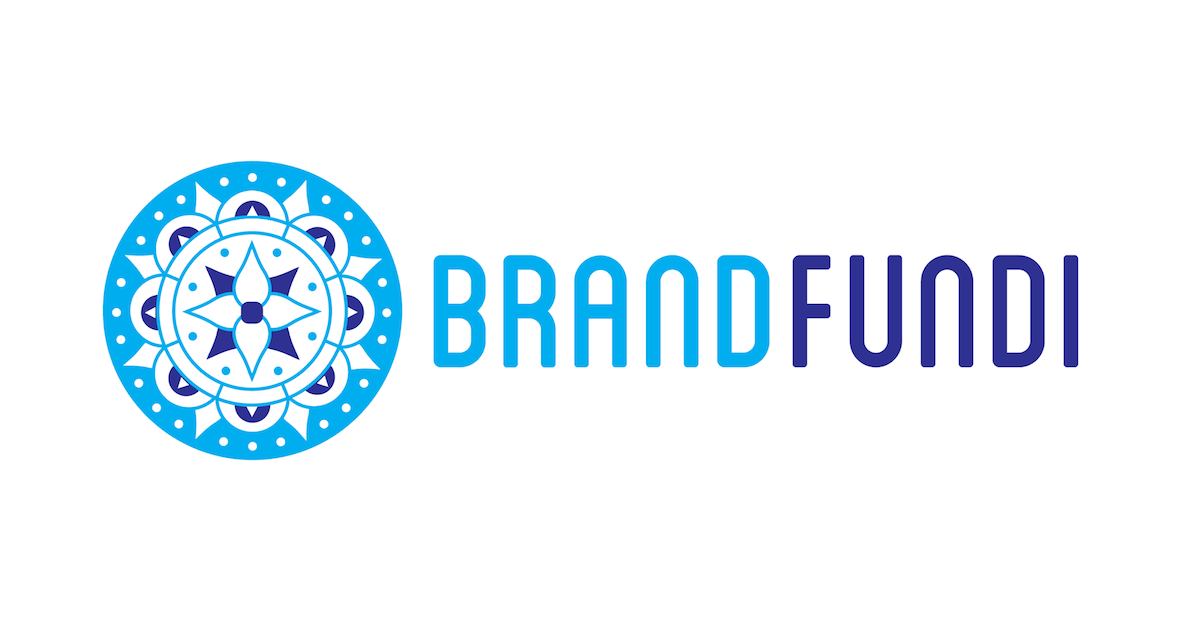Wikipedia defines a partnership as “an arrangement where parties agree to cooperate to advance their mutual interests.” It’s a word that tends to be overused in business but can lack the substance to build a long-lasting and beneficial relationship.
In the public relations (PR) industry, client partnerships determine the success or failure of PR activities. While the onus lies on the PR consultant to manage the relationship, clients also play a crucial part.
Without realistic expectations, an understanding of what PR is and being open to trusting a professional, vetted team to be part of the inner circle, PR clients will quickly become the partnership’s demise.
PR is a long-term game and many clients quit too early. Annette Densham of Source Bottle uses an analogy of going to the gym to lose weight; “While two individual gym sessions won’t melt the fat away, committing to this each week for a few months will definitely start to generate results.”
Once the pitch, proposal and budget have been finalised and it’s time to implement the strategy, consider these best practice tips as your PR partnership playbook to maintain a sustainable, harmonious partnership.
Make the Circle Bigger
The best way to immerse your PR consultant in your business is to treat them as an extension of your internal team. Keep them close and include them in management meetings, planning sessions, and critical conversations. These occasions provide context and understanding for the consultant to better support and integrate with business goals. It’s essential to introduce and connect the PR consultant to the client leadership team to access other key spokespeople, and opinions and gain context of the culture and workings of the company.
I Put My Trust in You
According to an article on ‘Trust in PR’ published on ResearchGate in 2021, the “challenge for the communication industry, is communicators need to be trusted by the people they work for, but they are also dependent on the trust of the public with whom they interact to reach their goals and the gatekeepers that bring them to their final audiences.” Engaging with clients will inevitably expose the client’s challenges, weaknesses, and sometimes confidential matters, such as internal issues and financial performance. Without an authentic experience of the client’s business and not knowing how to navigate the inner workings of a company sensitively, a PR consultant cannot provide sound counsel. What’s more, when counsel is given, trust the advice. Assuming the consultant has been appointed based on expertise, a proven track record and thorough screening, there’s little reason not to trust their recommendations.
It’s Just a Matter of Time
Time isn’t always on our side. PR is often an intense deadline-driven hamster wheel, especially as most are servicing more than one client at any given moment. Lead times, urgent requests and response times can make or break campaigns, media relationships and even the consultant. “Play the ‘urgent’ card only when necessary. If everything is an emergency, then nothing is an emergency.” Timeous response times for input, supporting materials and approvals should be the norm to avoid missed deadlines, opportunities and frustrations. Clients should work to foster a respectful PR partnership by carving out time for PR daily.
She Works Hard For The Money
Budget and ‘scope creep’ are common challenges for PR consultants. The ProcessKit Team wrote, “Most of the time, clients don’t realise what they are asking for or that it’s even out of scope.” Smaller boutique agencies tend to be more lenient on both as they bend and sway to hold onto relationships and demonstrate value. PR has a high sweat factor, meaning the job requires much effort and long hours to deliver and earn an income. So, when clients squeeze budgets and fall into the scope creep trap, it’s a slippery slope to resentment.
I Don’t Want to Miss a Thing
A PR consultant must be aware of any business changes, projects, initiatives, or issues to provide strategic counsel or respond competently to stakeholder enquiries. This is necessary even when the news may not directly affect their scope of work.
Tell Me Why
Feedback is core to communication – PR consultants welcome constructive feedback to be more effective. Mechanisms should be in place to facilitate regular check-ins on what’s working and what isn’t and why. Clients must be straightforward with their PR team to test and measure the strategy’s efficacy. PR is fluid and adaptable, and as situations and results are analysed, tactics can be adjusted to better support the client’s goals.




